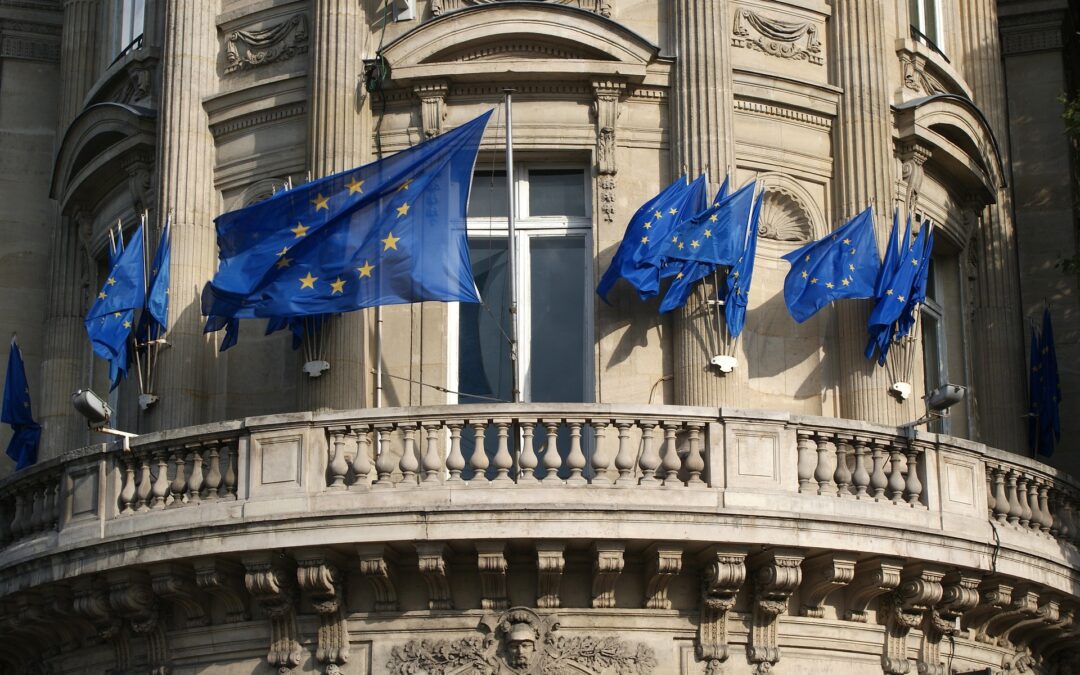In the recent judicial chronicles of the Qatargate, worrying situations of abuse in non-profit organisations through which financial violations were committed have sounded alarm bells in all EU countries. We know very well that all charities and non-profit organisations (NOPs) have an important social role and their institutional purposes provide support and relief to the neediest communities. Unfortunately, it is not only recently that these social vehicles are also being used to raise funds and channel them for illicit purposes such as corruption, becoming tools for money laundering.
 At the international level, the FATF (Financial Action Task Force is the global money laundering and terrorist financing watchdog) with reference to nonprofit organisations (NOP- non-profit organisations) has always called on the various states to pay the utmost attention, hoping that every state would adopt laws to counter the abuse of these social organisations.
At the international level, the FATF (Financial Action Task Force is the global money laundering and terrorist financing watchdog) with reference to nonprofit organisations (NOP- non-profit organisations) has always called on the various states to pay the utmost attention, hoping that every state would adopt laws to counter the abuse of these social organisations.
Given the variety of possible legal forms nonprofit organisations can take in the world, for the purposes of coordinating recommendations to the various states, the FATF has chosen a fairly flexible and functional definition, stipulating that this category includes legal entities that are primarily engaged in raising or disbursing funds for charitable, religious, cultural, educational, social or fraternal purposes, or for the implementation of other social or humanitarian projects.
NPOs have a function and play a vital role in the world economy, and in many national economies and social systems they complement the work of the governmental and commercial sectors in providing essential services, comfort and hope to those in need worldwide.
The FATF is aware of the great social utility of NPOs and has always recognised their intentions and efforts, however, it has always recommended to the various states to promote transparency in their financial operations to prevent abuses or opacity that would encourage fraud or other financial crimes.
There are many cases in which NPOs, precisely because of the low level of transparency that some states require for their establishment and administration, become dangerous instruments for collecting financial funds of illicit origin and moving them around the world without controls.
In other cases, especially in cases of terrorist financing, it is not uncommon for some NPOs to collect small sums from unsuspecting individuals and then channel these funds to finance terrorist activities around the world.
The reasons why the FATF has pointed out that NPOs may be more vulnerable to financial abuse are of different kinds and species.
Let it be clear that the FATF’s caution towards NPOs is primarily geared towards countering the financing of terrorism but, weaknesses in any case also allow for the spread of other criminal behaviour such as money laundering and corruption.
First of all, NPOs have a social reputation and enjoy the trust of the public as well as having the institutional possibility to collect donations and funding and are therefore generally cash-intensive legal entities. Moreover, in many cases NPOs have a global reach and presence that allows them to have a large number of financial operations and transactions both domestically and
internationally, and often also in countries with very weak or non-existent control regimes.
But what are the main recommendations that the FATF has called on states to comply with in order to avoid abuses through NPOs ?
- Countries should have clear policies to promote accountability, integrity and public trust in the administration and management of NPOs.
- Countries should encourage and undertake awareness-raising actions to increase and deepen awareness of the potential vulnerabilities of NPOs and the measures NPOs can take to protect themselves from such abuses.
- Countries should encourage NPOs to have transactions through transparent financial instruments.
The FATF periodically conducts analyses to verify that its Recommendations are being implemented by states around the world and through its nine regional bodies, the FATF brings together a global network of 205 jurisdictions, each of which has committed at the highest political level, to implement the Recommendations.
The FATF on an ongoing basis conducts an analysis to assess the practical effectiveness of the AML/CFT measures of its respective members and especially the degree to which the technical requirements of its Recommendations are implemented.
In order to analyse for the various EU countries the level of compliance with the FATF Recommendations with regard to the abuse of NPOs, point No. 8 of the Recommendations was analysed in the last report in February 2023.
The metrics of the analysis are identified in the following levels of compliance:

Fortarezza Antonio | Chairman of the anti-money laundering commission chartered accountants Milan
Audit Institutions Subcommittee
Editorial board: Nidhi Mehra & Antony Zhilkin

